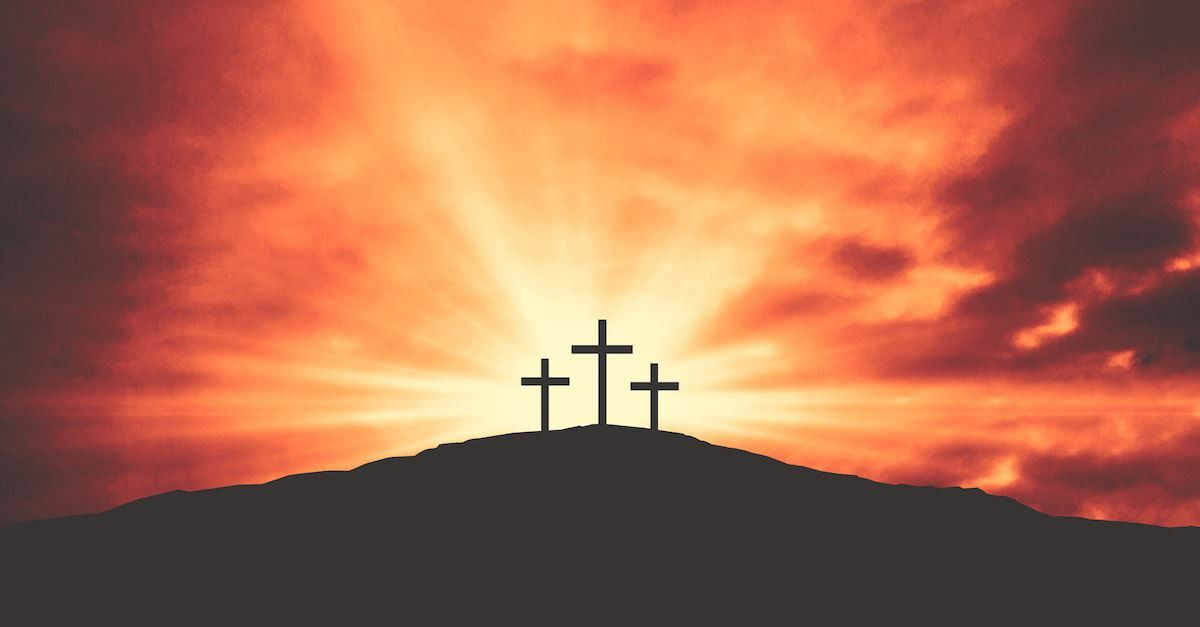
From the early 15th century until the abolishing of the slave trade at the end of the 19th century, there was a free for all capture of the indigenous black people of Africa. People of the black skin were made a sought-after commodity to be captured, sold and used as slaves in the new territories which were being discovered by the early planet explorers.
sundayword BY PROSPER TINGINI
Hundreds of years before the Scramble for Africa began, the scramble for black African people had taken root on the continent. The people with the black pigmentation in the skin, and of mostly curly hair, were being hunted down for capture and were sold for nothing else but just labour.
Most of the slave traders came from the European countries. Instead of coming to hunt the many animal species that were very abundant in Africa, they chose to hunt the human inhabitants. The black people of Africa were reduced to a value less than that of animals. They was a boom in the slave trade so much that the population of the black-skinned people was almost decimated. This pushed back development in Africa to a very large extent. Civilisation in most parts of Africa came to a halt. For over 400 years this capture of people for slavery went on unabated. Even the Munhumutapa Empire in the modern day Zimbabwe collapsed under its weight. Surprisingly, not much is talked about of that long dark period in Africa, let alone the cruelty inflicted upon the victims. The captured slaves were kept in chains both on land and at sea in the ships that transported them to far away lands, never to see their fatherland again. It was the most savage treatment of humans by other humans; far exceeding the atrocities of the German maniac Adolf Hitler, who ignited the Second World War. The official abolition of slavery did not eradicate the slave trade, it only brought it down. A new term was coined to give it a new name, that of human trafficking. Slavery is still rampant across the planet.
Discoveries of new territories generated an eagerness within the religious circles of the need to preach the word of God to both the native populations and the black slaves in the newly-discovered territories. Christianity was the dominant religion within most of the Imperial nations who were expanding their empires and influence into the new colonies. This created a boom in missionary work in the new territories. The majority of the missionaries were, therefore, Christians. Africans of a lighter skin and of long hair that were mainly concentrated north of the Equator were hugely spared from the slavery. Because of that, most areas in Northern Africa and Asia did not get much of an influx of Christian missionaries, thereby retaining most of their original religion — Islam. It is a fact that there are more Moslems in these regions than elsewhere. These are actually more Moslems in Africa than Christians.
Around the same time that slavery was booming as a commercial trade, translation of the scriptures was also taking place mainly into the European languages and the English language in particular. Of particular note was an Englishman called William Tyndale who started his translations early in the 16th century. However, his translations from the original Hebrew and Greek manuscripts were deemed “untrue translations”, especially those of the New Testament section of the Bible. He met bitter opposition and was accused of “willfully perverting the meaning of the scriptures”. In 1536, he was condemned to death and was publicly executed and burned at the stake. Whether he collaborated with other people for whatever reasons, it remains hidden. The same condemned chapters and verses of the scriptures are said to have survived and are still part of some of the scriptures we read today, especially those of the New Testament.
The introduction of chapters and verses made references much easier. However, when it comes to areas of the scriptures that touched on slavery, it seems a deliberate attempt was made to confuse readers and portray a wrong image. If one opens Exodus 20, which starts a narration of the laws and commandments of God at Mount Sinai, you would observe that after the 10th commandments, and after the people of Israel had withdrawn from God’s presence in fear, and asked Moses to continue to listen on their behalf, there is a huge and unnecessary gap into the next verse (between verse 20-21). Moreover, there is a huge sub-title as if there is a start to a new chapter, yet there should have been an unbroken continuation of the verses of the same chapter. A big gap was created to confuse the public. It would not be wrong to then conclude that there was a deliberate intention to promote the idea of the principle of the 10 commandments; to blind people from reading further beyond the 10th commandment. The verses clearly indicate a continued narration of the laws, even in the same chapter. The only difference in the story is that this time round, only Moses was listening to God speak, since the people had moved away in fear of the Lord (Exodus 20 verses 18-20). What is also striking is that the next chapter, that is Exodus 21, dealt with laws and commandments pertaining to the welfare and treatment of slavery victims. Of particular note is the law that pronounced the death sentence for the slave traders. In Exodus 21 v 16, God commanded; “Whoever steals a man, whether he sells him or is found in possession of him, shall be put to death”. Stealing in this instance refers to the capture of humans. This was the very thing being practised by the very same missionaries’ brothers, the very same people who were trying to bring Christianity to the slaves, and to the colonies where slavery was being practised.
One can then imagine how difficult it would have been for the missionaries to preach to the slaves or the colonial natives who were the victims. The word of God condemned the very practice which they and their compatriots were perpetrating. To try to erase that problem, it would then have made sense to come up with the doctrine of the 10 commandments so as to make it appear as if God’s commandments were only 10. They also took advantage of the fact that almost all of the native populations and slaves could not read.
- Chamisa under fire over US$120K donation
- Mavhunga puts DeMbare into Chibuku quarterfinals
- Pension funds bet on Cabora Bassa oilfields
- Councils defy govt fire tender directive
Keep Reading
To add to that, they masterfully commandeered the slaves and natives to shun the “Old Testament” part of the Bible in favour of the “New Testament” teachings.
Prosper Tingini compiled a book titled, God’s Constitution for Mankind – The Laws and Commandments. His contact details are 0771 260 195 or email: [email protected] or the book can be purchased from Innov8 Bookshop, 23 G. Silundika Avenue, between First & Second Street, Harare











